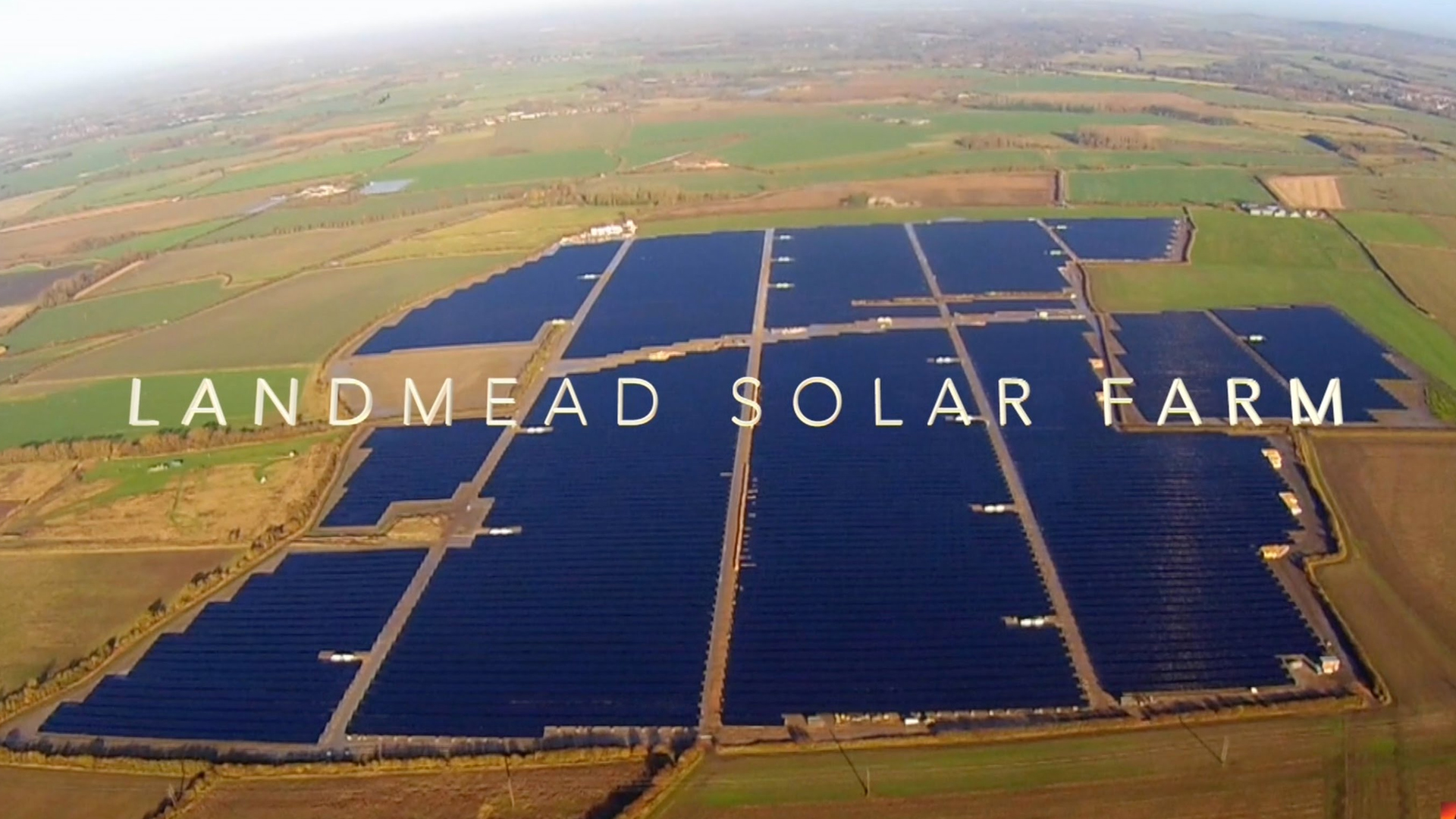News Article
UK Budget Receives Mixed Response To A Mixed Message

The UK Government has presented a Budget that has not pleased the majority of the renewable energy sector.
In his Budget speech, Chancellor George Osborne said, "We need to cut our energy costs. We're going to do this by investing in new sources of energy: new nuclear power, renewables, and a shale gas revolution. We're going to do this by promoting energy efficiency."
While on the face of it the Chancellor comments are a positive sign of Government support for growth of the renewable energy market, the devil is always in the detail of how to achieve such goals.
A key pillar of the Budget in Osborne's package was the announcement of a £7 billion energy package aimed at reducing energy cost pressure on the community.
The anticipated part of the package was the freezing of the Carbon Price Floor Support Rate which some commentators have seen as a situation that will encourage some companies to maintain poor energy habits rather than improve energy sustainability.
The anticipated part of the package was the freezing of the Carbon Price Floor Support Rate which some commentators have seen as a situation that will encourage some companies to maintain poor energy habits rather than improve energy sustainability.
Osborne stated, "I am capping the Carbon Price Support rate at £18 per ton of CO2 from 2016-17 for the rest of the decade"¦ without any reduction in the investment in renewable energy."
The Renewable Energy Association claim that this is inconsistent with industry analysis and is urging the Government to explain exactly how investment in renewables is protected from the freeze.
REA Chief Executive Dr Nina Skorupska said, "We welcome the Chancellor's acknowledgement that the way to bring down energy costs over the long-term is to invest in home-grown energy sources, including renewables, as well as energy efficiency. The Budget's acknowledgement of a need to "˜reform and strengthen' the EU Emissions Trading System is also welcome. But the new, short-term measures announced today in the energy sector do not reflect this ambition "“ and there is much more in this Budget to please fossil fuel companies than the green economy.
Dr. Skorupska continued,"By freezing the Carbon Price Floor, the Chancellor is rowing back on his own policy and once again moving the goalposts for investors in green energy. Government must explain in black and white how investment in renewables is protected from the freeze, or risk undermining the investment required to replace ageing coal power stations with technologies that can keep the lights on without damaging the climate."
Tony Ward, Head of Power & Utilities at EY comments on Carbon Price Floor (CPF) also commented, "The immediate imperative for the freeze in the CPF is clear - to reduce upward pressure on electricity costs to all end users and in turn to avoid a growing competitive disadvantage for the UK's energy intensive industries. With the rest of Europe's leading economies stalling over their previous commitment to driving low carbon investment and a more pronounced self interest now guiding many of their decisions, it is time too for the UK to reassess the speed and route it wishes to take to re-engineering its generation mix."
Ward recognises that the government has a difficult balancing act to maintain with needing to invest in low carbon, sustainable and indigenous power generation while at the same time protecting energy users from the costs of doing so.
Ward cautions that relief felt by energy users may be temporary and accuses the Government of policy changing during due process.
"This change of heart on a measure to quickly increase the cost of carbon in order to incentivise low carbon investment so soon after its introduction is the latest in what looks to be an emerging pattern of policy adjustments in mid-flight. With the changes to solar feed in tariffs, to the ECO scheme and now this change to the CPF so early in its life, investors who have committed to build assets or businesses off the back of the original policy instrument will be increasingly suspicious of any new UK government policy."
The reduction in investor confidence has always been a major criticism whenever the government has tinkered with energy policies. In his speech Osborne also outlined cost saving methods that although designed to give manufacturing (especially energy intensive companies) a boost in strengthening the country's exports will also provide protection in the form of compensation worth £1 billion to protect these industries from the rising costs of renewable obligations and feed in tariffs. While ostensibly boosting manufacturing on the global stage there was little detail how to make up for the changes to the UK's stringent carbon goals.
Dr Doug Parr, chief Scientist at Greenpeace UK commented that the Chancellor should not be incentivising business to become dirtier and more polluting.
"The government would be better off using this money to help UK industry become a world leader in energy efficient manufacturing," Parr said
David Taylor, Business Development Manager at renewable energy company UFW, part of the DCC Group, believes that the Chancellor has failed to address the "˜environmental economy' in today's budget.
He commented, "This afternoon's Budget has been acknowledged as a decent "˜work in progress' report with reference to a strengthening UK economy, falling unemployment and inflation rates, and growth for this year projected to be amongst the strongest of any Western economy. However, despite economic measures announced today for the individual, families and businesses, it is disappointing that the Government has not done more to address one of most significant issues facing the global economy: global warming."
"The Chancellor did reference investment within the renewables sector in his Budget," continued Taylor. "But much, much more needs to be heard and seen as it is a time when the renewable sector should be supported at both the local and national companies are having to fight for simpler process to do the job intended."






























